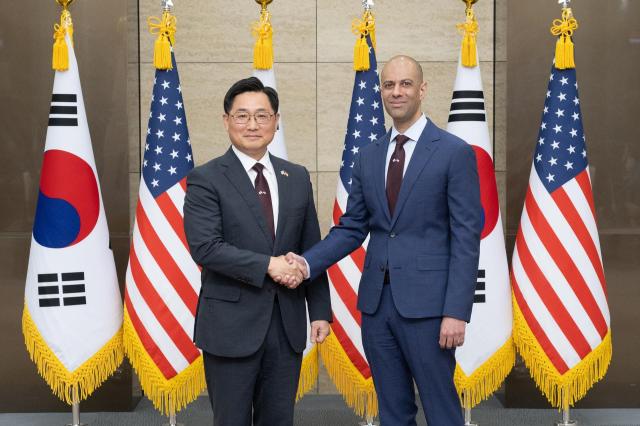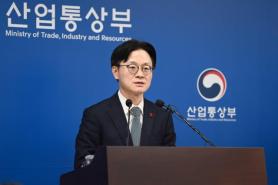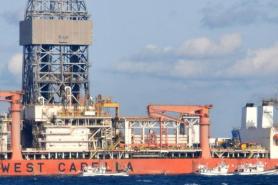
SEOUL, June 10 (AJU PRESS) - South Korea and the U.S. held their third Nuclear Consultative Group (NCG) meeting in Seoul on Monday.
Defense and security officials from both sides gathered to bolster the bilateral alliance and discuss various security issues including the latest developments regarding nuclear deterrence. In a joint statement after the meeting, the two sides said they finalized reviewing the scope of mutual guidelines for the alliance's principles and operational procedures.
The meeting, co-hosted by Cho Chang-rae, South Korea's deputy defense minister for policy and his U.S. counterpart Biffin Narang, focused on discussions on deterrence to address the increasing threats from North Korea.
The NCG, established in April of last year after a summit between President Yoon Suk Yeol and his U.S. counterpart Joe Biden in Washington, shares and discusses plans for the use of U.S. strategic assets and extended deterrence in emergency situations. Unlike NATO's nuclear sharing, which entails operational planning and decision-making for the deployment of nuclear weapons by the U.S., with only certain missions involving allies, the NCG fully shares planning and deterrence strategies. This means more active role for Korea in any potential use of U.S. nuclear weapons.
There has been a growing call from conservative voices in the U.S., particularly within the Republican Party, for the deployment of nuclear weapons on the Korean Peninsula. Last May, former senior Pentagon advisor Elbridge Colby told VOA's Korean Service that South Korea's nuclear armament should no longer be seen as off-limits. "Nuclear proliferation, even to our allies, is a bad thing. But we live in a world of hard choices, so I think everything needs to be on the table," he said.
Recently, there also has been talks in the U.S. Congress about nuclear armament on the Korean Peninsula. Senator Roger Wicker, the top-ranking Republican on the U.S. Senate Committee on Armed Services proposed an idea of redeploying U.S. tactical nuclear weapons to Seoul as a deterrent against increasing threats from North Korea in his report last month. "Because there is no immediate diplomatic solution in sight, the United States must ensure that deterrence does not erode on the Korean Peninsula," Wicker stressed in the report.
Amid a resurgent debate over the idea, the U.S. State Department, however, immediately made it clear that the U.S. has no plans to deploy nuclear weapons to the Korean Peninsula. Vedant Patel, the department's deputy spokesperson said "The U.S. has no plans to forward-deploy nuclear weapons to the Korean Peninsula."
Monday's third NCG meeting came amid heightened inter-Korean tensions in the Korean Peninsula after North Korea's latest launches of tons of trash-carrying balloons into the South. The inaugural NCG meeting was held in Seoul last July and the second in Washington in December last year.
Copyright ⓒ Aju Press All rights reserved.




